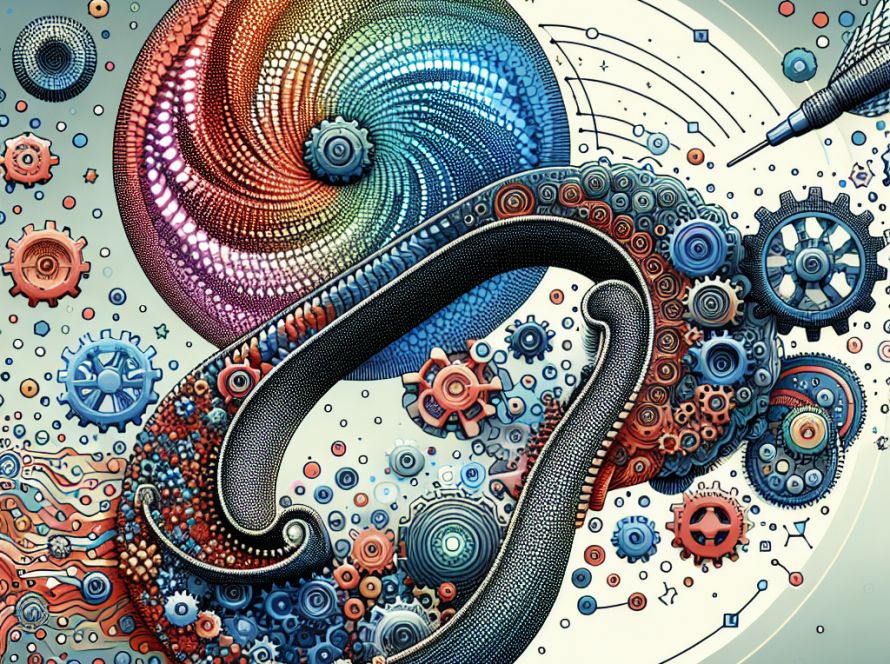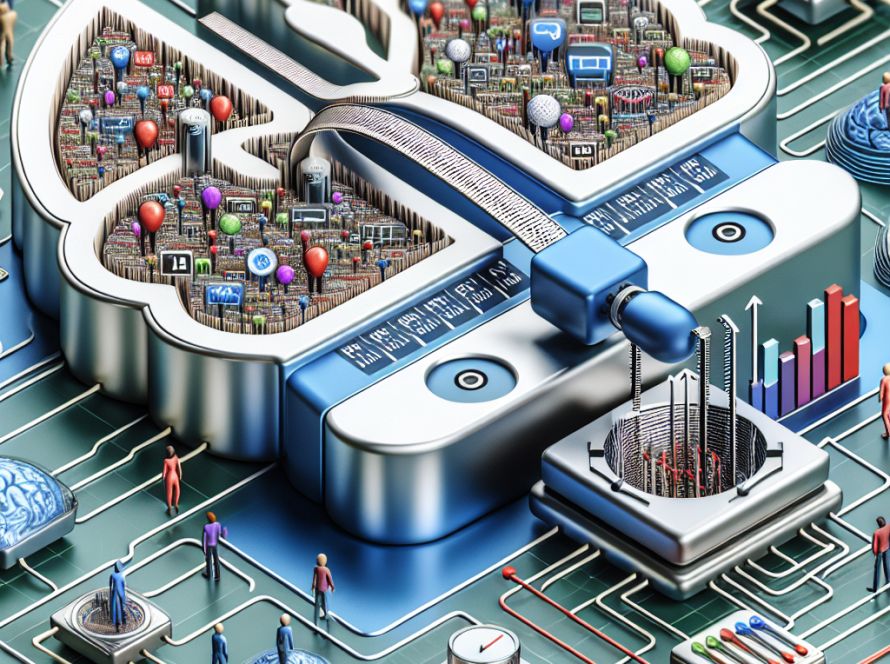OpenAI, the artificial intelligence research company, is set to enter Hollywood with “Sora,” its advanced text-to-video model. Scheduled for public release later this year, Sora has the capability to generate realistic videos from text-based descriptions, a feature that earned it major interest from Hollywood bigwigs. Among them is the award-winning producer Tyler Perry, who took a step back from an $800 million expansion of his Atlanta studio after being fascinated by Sora’s potential. Perry admitted being stunned by Sora’s capabilities but raised concerns over the impact on the workforce, emphasizing the need to safeguard the creative industries.
OpenAI has ambitions to incorporate Sora into Hollywood productions; however, this move is not going down well with creative industry employees, who are worried about potential job losses. In response to Sora’s rollout plan, OpenAI has stated that its strategy includes working alongside the industries, iteratively deploying AI technology in phases to ensure safe implementation. They also expressed hope for continued dialogue with artists and creatives about the future.
The growing influence of AI in the entertainment industry and its potential to disrupt traditional job roles has sparked heated debates. Last year’s Hollywood’s writer’s strike is a case in point, clearly demonstrating some are resistant to AI replacing human roles. Contrastingly, directors seem more open, considering AI as a viable cost-reducing option in an industry where profit margins are dwindling.
The manner in which Sora has been trained remains unclear, raising questions and debates. People are calling for further investigation into Sora, similar to scrutiny shown towards another AI model, MidJourney.
The film, television, and animation sectors, with a workforce of roughly 550,000, are likely to face a significant impact due to the infusion of generative AI technology. Approximately 21% of jobs are predicted to be affected by 2026, spanning areas including 3D modeling, character design, and voice generation. Despite slower adoption of generative AI, music and sound recording industries are also likely to be affected.
The discussions around Sora epitomize the broader discussion regarding AI’s role in creative industries. There is a mixture of enthusiasm for what the future holds and fear about what might be taken away during this transition. The ongoing challenge is leveraging AI technology like Sora not to replace human creativity but to bolster new forms of artistic expression while preserving integrity. However, numerous individuals believe that this is an impossible endeavor.


